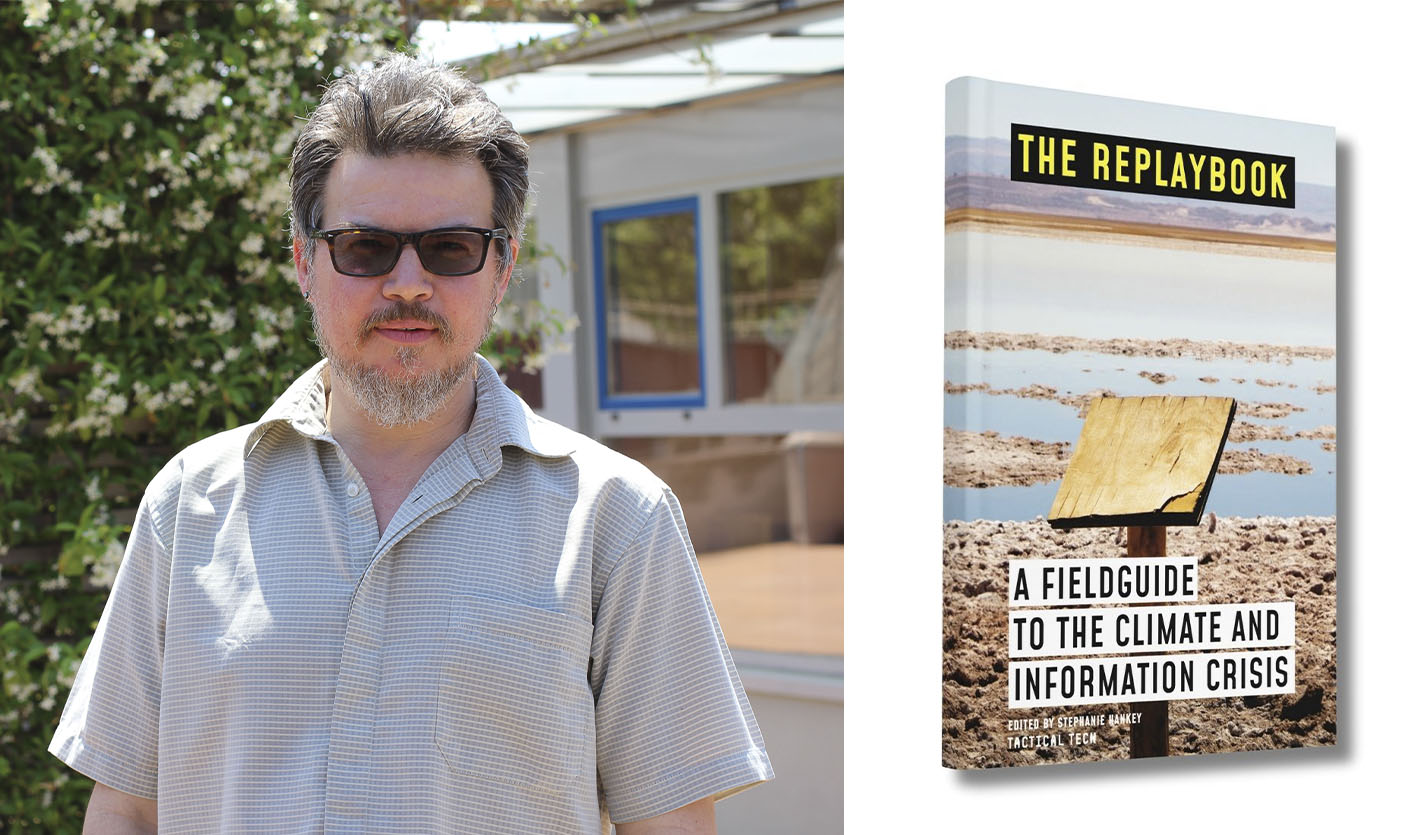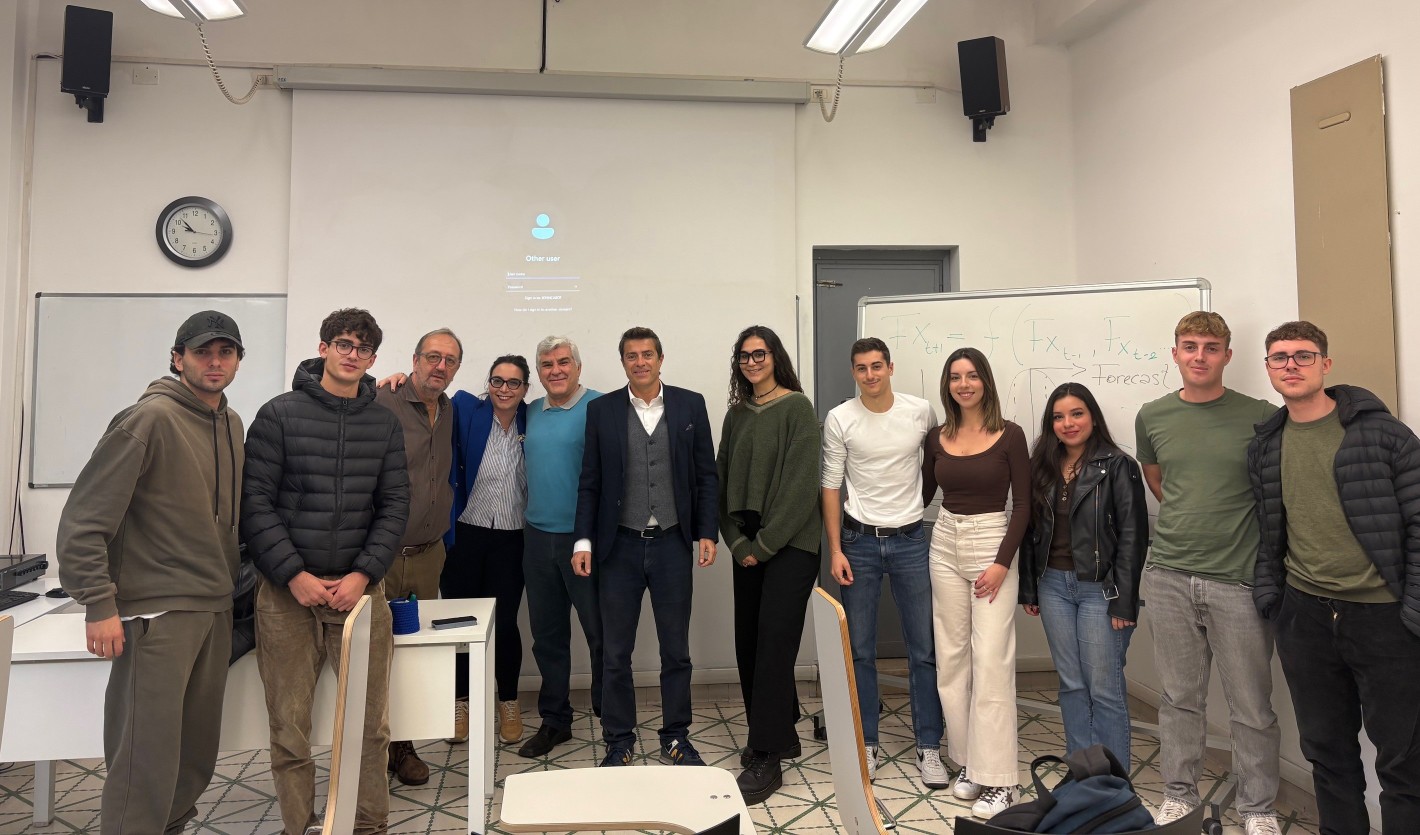JCU’s very own Professor Antonio Lopez has been featured in the book The RePlaybook: A Field Guide to the Climate and Information Crisis. The RePlaybook provides a comprehensive text and a helpful resource for researchers, journalists, campaigners, and media personnel in tackling climate change dialogue in the digital age.
Antonio Lopez is a Professor in the Communication and Media Studies Department. He teaches nine different courses at John Cabot, including but not limited to: Media Culture and Society, Media and the Environment, and Ecocinema. He has written numerous academic articles, essays, and four monographs. Moreover, he is a founding theorist and one of the top global experts in ecomedia literacy as well as creator of ecomedialiteracy.org, which curates' education resources in the field.
Professor Lopez’s Contribution to The RePlaybook
Professor Lopez’s work is specifically featured in the “Challenge Tech Paradigms” section of the book, under Tactic 11, “Uncovering AI Footprint.” Lopez delves into how digital footprints can be mapped out using AI, and he acknowledges the irony in doing so. In his eyes, the companies in charge of storing data and technology production are already not only spreading climate misinformation but also being intentionally dishonest about their impact. According to SalesChoice CEO and Forbes Magazine contributor Cindy Gordon, AI is predicted to consume 6.6 billion m³ of water by 2027. Unfortunately, we have no concrete way of tracing and mapping media’s ecological footprint. This is where AI comes in: Lopez gives us a step-by-step guide on how to draw essential climate information from the chatbots themselves. It is a useful launching point for further research.
Following up the analysis, Professor Lopez discusses the greater impact of exploring and understanding AI’s climate repercussions. According to his research, investigating technology’s environmental effects gives solid evidence that can ultimately be used to put pressure on policymakers, government officials, and even the companies themselves. It opens the conversations that need to be taking place in order to regulate AI consumption and usage. In addition, if pressure is put on companies to provide more transparency regarding their impact, it can set precedents in cases of future technological advancements.












